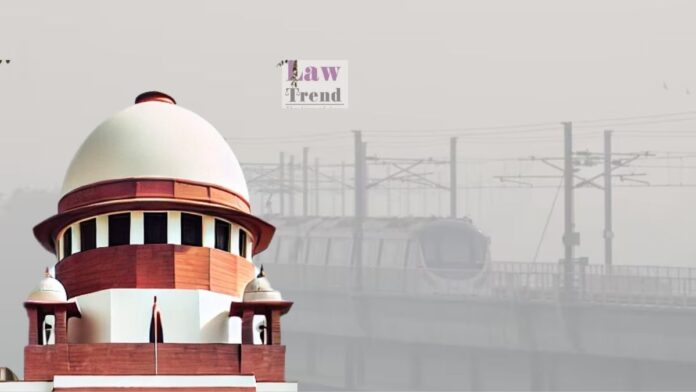In a significant move on Monday, the Supreme Court directed the Commission for Air Quality Management (CAQM) in the National Capital Region (NCR) and adjoining areas to explore the possibility of resuming in-person academic sessions in schools and colleges. The directive comes amidst ongoing online classes due to severe air pollution, highlighting critical gaps in access to essential services like mid-day meals and adequate digital infrastructure.
Justices Abhay S. Oka and Augustine George Masih emphasized the hardships faced by students lacking air purifiers, suggesting that the air quality exposure is comparable both at home and within educational institutions. “There is minimal difference in the air quality that children are exposed to, whether they stay at home or attend school,” Justice Oka noted.
While the court recognized the adverse effects of the Graded Response Action Plan (GRAP) Level 4 restrictions on various societal segments, including laborers and daily wage earners, it upheld the stringent anti-pollution measures under GRAP-4. The Justices ruled out relaxing these restrictions until a consistent improvement in the Air Quality Index (AQI) is observed.
The GRAP-4, which severely limits construction activities and the entry of trucks carrying non-essential goods into Delhi, aims to mitigate the escalating pollution crisis. Introduced in 2017, the GRAP operates on a scale of escalating actions tailored to the severity of the atmospheric conditions.
In a pointed directive, the bench also instructed state governments to deploy funds collected as labor cess to provide subsistence support to those affected by the halt in construction activities under current pollution controls.




